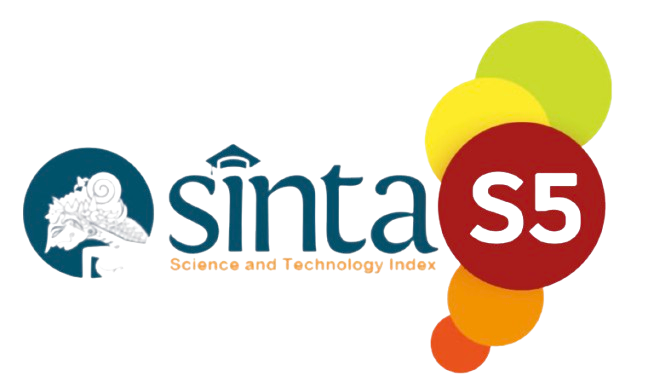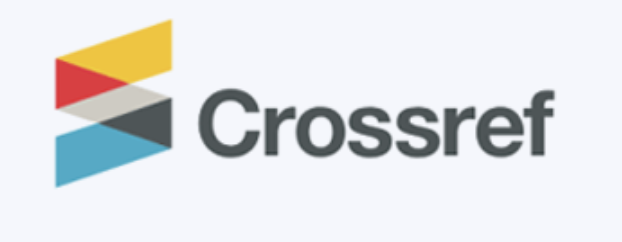Revolutionizing English Learning: Unleashing the Power of WhatsApp - A Dynamic Literature Exploration
Keywords:
Effectiveness, Technology, WhatsAppAbstract
In the teaching and learning process, WhatsApp is an application frequently utilized for online learning due to its easy operability across all levels of education. Researchers have concentrated on assessing the effectiveness of WhatsApp in English lessons by scrutinizing studies on communication technology utilizing WhatsApp. The data utilized in this literature review comprises articles published in open-access journals, allowing the authors to analyze them. Five relevant studies are under review, as discussed by Ahmed (2019), Hashemifardnia, Namuziandot, and Eshafani (2018), Minalla (2018), Novianto (2017), and Ta 'Amneh (2017). The results indicate that incorporating WhatsApp into English learning can aid learning. However, there are both advantages and disadvantages associated with its usage. The primary disadvantage is the limited internet fees students must bear to access WhatsApp. Conversely, the advantages include students' increased motivation to learn English and enhanced vocabulary and writing skills through discussions in WhatsApp groups.
References
Ahmed, S. T. S. (2019). Chat and Learn: Effectiveness of Using Whatsapp as A Pedagogical Tool to Enhance EFL Learners’ Reading and Writing Skills. International Journal of English Language and Literature Studies, 8(2), 61-68.
Dyavarishetty, P., & Patil, D. C. (2017). An international study to assess the effectiveness of ‘WhatsApp’ as a teaching-learning tool in community medicine. International Journal of Community Medicine and Public Health, 4(7), 2562-256.
Gon, S., & Rawekar, A. (2017). Effectivity of E-Learning through WhatsApp as a Teaching-Learning Tool. MVP Journal of Medical Science, 4(1), 19-25.
Hashemifardnia, A., Namuziandot, E., & Eshafani, F. R. (2018). The Effect of Using Whatsapp On Iranian EFL Learners’ Vocabulary Learning. Journal of Applied Linguistics and Language Research, 5(1), 256-267.
Minalla, A. A. (2018). The Effect of Whatsapp Chat Group in Enhancing EFL Learners’ Verbal Interaction outside Classroom Contexts. Journal of English Language Teaching, 11(3), 1-7.
Novianto, D. (2017). The effectiveness of Whatsapp Group Application to Seventh Grade Students’ Writing Ability in SMP n 2 Kediri in The Academic Year 2016/2017. Jurnal Skripsi, 1(6), 2-11.
Oyewole, B. K., Animasahun, V. J., & Chapman, H. J. (2020). A survey on the effectiveness of WhatsApp for teaching doctors preparing for a licensing exam. Hauwink, LaidenUniv Media Center Netherlands, 15(4), 1-9.
Pratama, H., & Kartikawati, S. (2017). The Effect of WhatsApp messenger As Mobile Learning Integrated with Group Investigation Method Of Learning Achievement. International Journal of Science and Applied Science, 2(1), 164-173.
Safi’isrofoyah, Endang Budiasih, & Surjani Wonorahdjo. (2017). The Effectiveness of WhatsApp on Problem Posing Learning towards Students’ Motivation and Cognitive Learning Outcome in Stoichiometry Material. Jurnal Pendidikan Sains, 5(4), 135-141.
Ta’amneh, M. A. A. (2017). The effect of using Whatsapp Messenger in Learning English Language among university students. Jurnal Penelitian Internasional Dalam Pendidikan, 5(1), 143-15.













